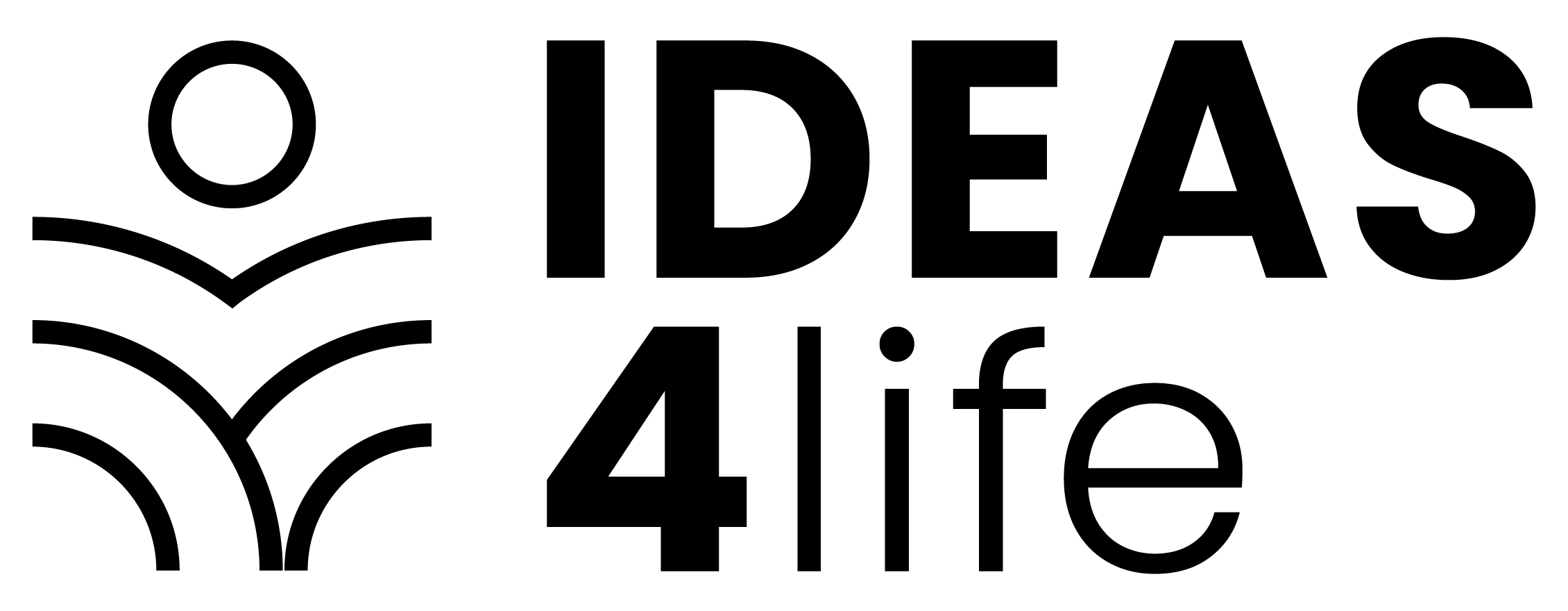Phytochemicals constitute a vast group of compounds of natural origin present in the human diet in appreciable quantities in fruits and vegetables, displaying a wide range of biological functions.
The Portuguese coastline is rich in many halophytic and other maritime plants, whose physicochemical and biological characteristics are still underexploited at the scientific level.
The proposed project seeks to fill this gap by examining the biological profile of fresh and/or dehydrated halophytes and other maritime plants from extracts (aqueous and essential oils), allowing the use of these endogenous natural resources through the development of novel functional food ingredients.
Concerning the collection and production of these extracts, special emphasis shall be placed on: (i) halophyte plants obtained from the western salterns and sand dunes from the coastal zone of Central Portugal – S. ramosissima, S. perennis, H. portucaloides, I. erithmoides, A.macrostachyum Moric; and (ii) the endogenous maritime species Corema album.
These plants will be collected in their natural habitat, propagated both in vitro and in the natural environment, under controlled conditions, for a later study of the impact of the type of culture on the accumulation of salts and other minerals and the overall expression of their biological activity.
The most promising extracts regarding biological activity will be selected and incorporated (either directly or encapsulated) into food matrices (bread, crackers, and cookies). Particularly for halophytes, their integration in food matrices will function as a salt substitute, with expected benefits for human health. These are mainly due to the low sodium content of these plants, coupled to a high amount of phyto-organic minerals, potassium, and magnesium, which facilitate the excretion of sodium accumulated in the body.
The present research work was planned in a multidisciplinary and interactive way, combining physicochemical techniques to analytical and biological methods, with a view to attaining a thorough and systematic knowledge of the systems under study: GC-MS, HPLC and LC-MS/MS; vibrational spectroscopy – ATR-FTIR and Raman (conventional and micro-Raman); analytical assays for evaluation of antioxidant and anti-inflammatory capacity; in vitro tests in human cells for quantification of cell growth and viability. Finally, food matrices enriched with some of the most promising plant extracts will be assessed from the nutritional, physical and sensory points of view.
The ultimate goal of this work is to exploit endogenous marine resources through the development of novel functional foods (bread, crackers and cookies) enriched with bioactive components obtained from halophyte plants and litter berries. These components will be added in the form of powder (from dehydrated plants), aqueous extracts, essential oils or encapsulated in cyclodextrin nanoparticles.
This project was funded by Portugal 2020—POCI-01-0145-FEDER-029305, IDEAS4life – Novos IngreDiEntes Alimentares de Plantas MarítimaS

